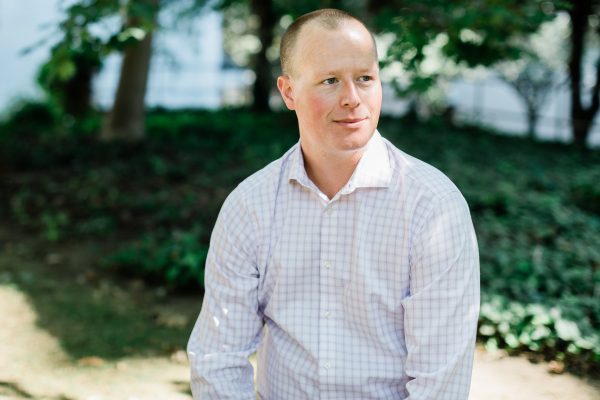
Dr. Andrew Roth and co-researchers further characterize cancer progression with clonal trees
A research paper co-authored by UBC Computer Science Assistant Professor Dr. Andrew Roth and published in Nature Communications, helps to characterize patterns of cancer progression in breast and ovarian cancer.
Dr. Andrew Roth of UBC’s department of computer science also works in the Department of Molecular Oncology at BC Cancer, as well as the Department of Pathology and Laboratory Medicine at UBC. He and 11 other colleagues within medicine and technology from both Vancouver and Sweden have co-authored the paper:
Reconstructing clonal tree for phylo-phenotypic characterization of cancer using single-cell transcriptomics, SeongHwan Jun, Hosein Toosi, Jeff Mold, Camilla Engblom, Xinsong Chen, Ciara O'Flanagan, Michael Hagemann-Jensen, Rickard Sandberg, Samuel Aparicio, Johan Hartman, Andrew Roth, Jens Lagergren.
Nature Communications 14, 982 (2023).
The abstract states, “Functional characterization of the cancer clones can shed light on the evolutionary mechanisms driving cancer’s proliferation and relapse mechanisms. Single-cell RNA sequencing data provide grounds for understanding the functional state of cancer as a whole; however, much research remains to identify and reconstruct clonal relationships toward characterizing the changes in functions of individual clones. We present PhylEx that integrates bulk genomics data with co-occurrences of mutations from single-cell RNA sequencing data to reconstruct high-fidelity clonal trees. We evaluate PhylEx on synthetic and well-characterized high-grade serous ovarian cancer cell line datasets. PhylEx outperforms the state-of-the-art methods both when comparing capacity for clonal tree reconstruction and for identifying clones. We analyze high-grade serous ovarian cancer and breast cancer data to show that PhylEx exploits clonal expression profiles beyond what is possible with expression-based clustering methods and clear the way for accurate inference of clonal trees and robust phylo-phenotypic analysis of cancer.”
Dr. Roth’s inter-disciplinary contributions with an international team of researchers has provided a new method to study cancer. The team consisting of members from UBC, BC Cancer, KTH and the Fred Hutch Cancer Centre have developed a computational method that integrates two of the most widely used technologies in high throughput cancer research, to provide new insights in cancer evolution.